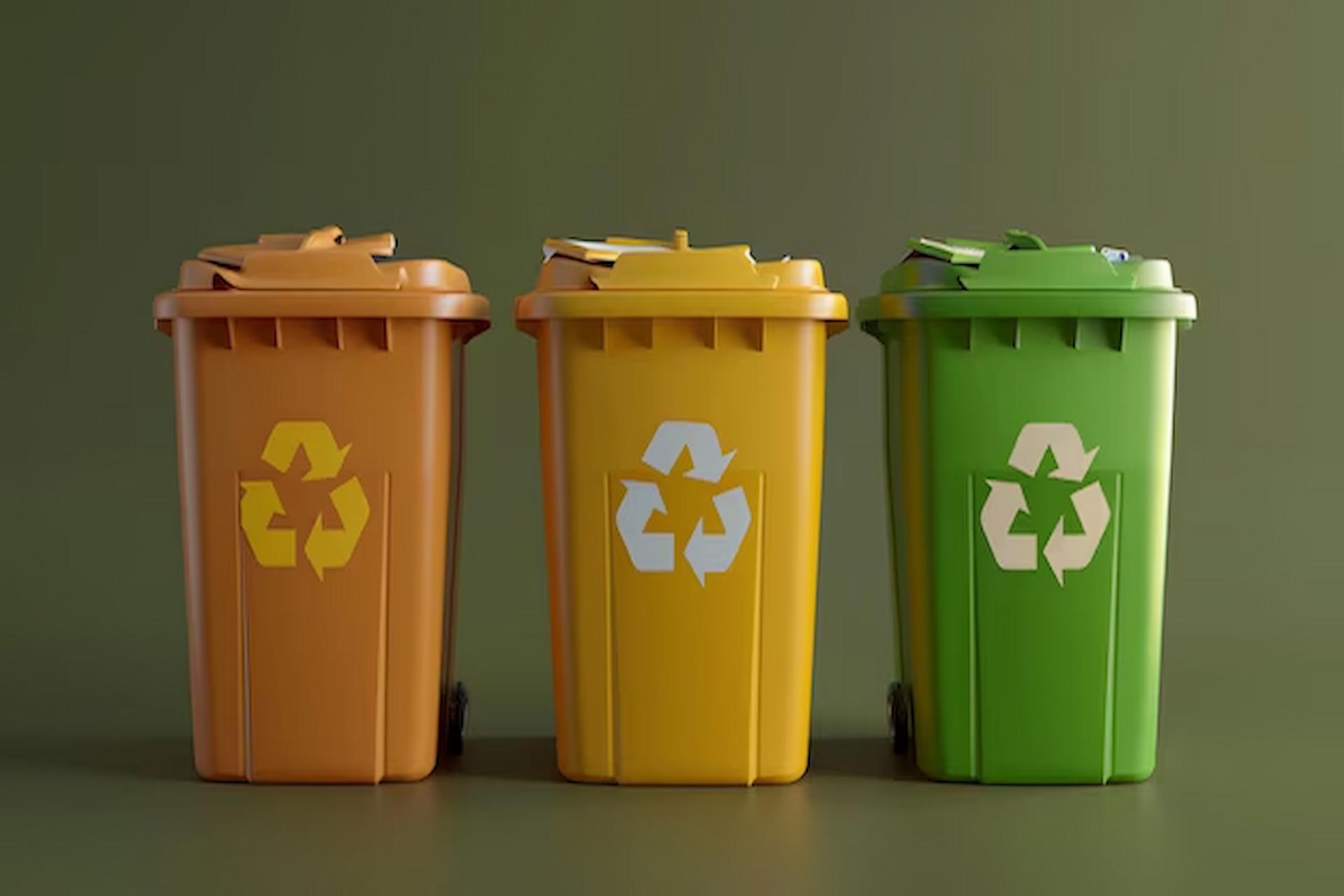Are you ready to embrace a greener lifestyle? Eco-friendly waste disposal is the key to reducing environmental impact while keeping your surroundings clean. Let’s dive into practical strategies, amazing facts, and sustainable solutions to make a real difference!
Introduction
Waste management is a pressing global issue. With over 2.24 billion tons of waste produced annually worldwide, finding sustainable ways to handle this waste has never been more critical. Improper disposal leads to pollution, greenhouse gas emissions, and resource depletion, directly impacting the planet’s health.
This guide explores eco-friendly waste disposal methods, sharing tips and actionable strategies to help you reduce, reuse, and recycle effectively. From understanding what sustainable living entails to tackling challenges like fly-tipping, we have everything covered to help you live responsibly.
1. Why Eco-Friendly Waste Disposal Matters
A Global Challenge
The statistics are staggering: nearly 33% of the world’s waste is not managed environmentally safely. This causes harm to ecosystems, wildlife, and human health.
Benefits of Sustainable Waste Management
Reduced pollution: Prevent harmful substances from contaminating soil and water.
Energy savings: Recycling conserves energy compared to producing new materials.
Economic impact: Circular economies create jobs in recycling and waste management.
2. Understanding Fly-Tipping and Its Environmental Impact
Fly-tipping is the illegal dumping of waste, a significant problem in many areas, including fly tip waste removal Maidenhead. This practice costs local councils millions annually and has devastating environmental effects.
Key Facts About Fly-Tipping
In the UK, over 1 million fly-tipping incidents are reported annually.
Cleaning up illegally dumped waste costs taxpayers around £392 million per year.
Fly-tipped waste often contains hazardous materials, posing health risks.
3. Steps to Eco-Friendly Waste Disposal
A. Reduce Waste at the Source
Minimising waste generation is the first step toward sustainable living. Here’s how:
Plan meals wisely to reduce food waste.
Avoid single-use plastics by using reusable alternatives.
Buy products with minimal or recyclable packaging.
B. Reuse Before You Dispose
Extending the life of items reduces waste and saves resources.
Donate clothes, furniture, and electronics to charity.
Upcycle items for creative projects.
Use glass jars, bottles, and containers for storage.
C. Recycle Smartly
Recycling ensures materials are reused effectively, but contamination can disrupt the process.
Sort recyclables correctly (e.g., paper, plastics, glass).
Clean items before recycling.
Stay informed about local recycling programs.
4. Composting: Nature’s Way of Recycling
Organic waste, including food scraps and yard trimmings, constitutes over 30% of household waste. Composting transforms these into nutrient-rich soil, reducing landfill waste.
Composting Tips
Maintain a balance between “green” (e.g., vegetable scraps) and “brown” materials (e.g., dry leaves).
Turn the compost pile regularly to speed up decomposition.
Avoid adding meat, dairy, or oily food scraps to prevent pests.
5. Tackling Hazardous Waste
Hazardous waste, such as batteries, chemicals, and electronic devices, requires special handling.
Use designated drop-off locations for batteries and electronics.
Participate in community hazardous waste collection events.
Never dispose of hazardous materials in general waste bins.
6. The Role of Technology in Waste Management
Technology has revolutionised how we manage waste, offering innovative solutions:
Smart bins equipped with sensors optimise waste collection schedules.
Waste-to-energy plants convert non-recyclable waste into electricity.
Apps like Olio and Too Good To Go help reduce food waste.
Statistics Highlighting Tech Impact
Waste-to-energy facilities globally generate enough electricity to power 13 million homes annually.
Apps targeting food waste have saved over 500 million meals from being discarded.
7. Community Involvement: A Collective Effort
Local communities play a vital role in promoting eco-friendly waste disposal.
Join neighbourhood cleanup drives.
Advocate for local policies supporting recycling and composting.
Share knowledge about sustainable practices with others.
Case Study: Success in Sweden
Thanks to effective policies and public participation, Sweden recycles nearly 99% of its household waste. Their model serves as an inspiration for other nations.
Conclusion
Adopting eco-friendly waste disposal practices is not just a choice; it’s a responsibility. You can significantly decrease your environmental footprint by reducing, reusing, and recycling. Whether composting, managing hazardous materials, or advocating against fly-tipping, every small action contributes to a more considerable, positive change.
Sustainability begins at home, but its impact extends globally. Let’s embrace these practices and inspire others toward a cleaner, greener planet. Together, we can create a future where waste management aligns with environmental preservation, ensuring a thriving Earth for generations.




